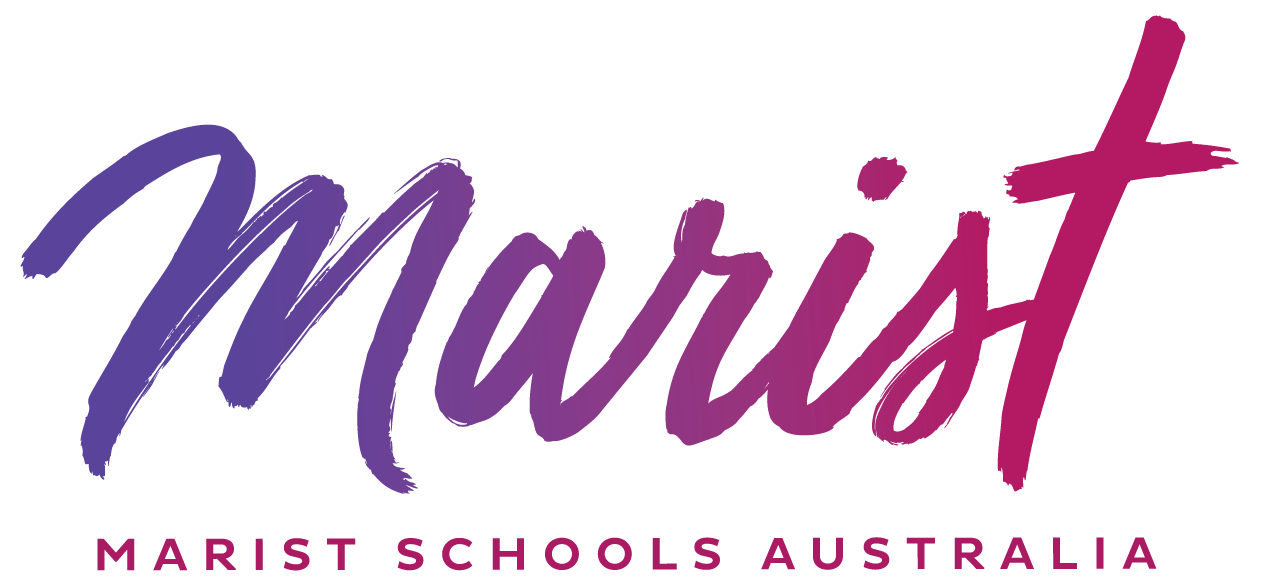Newsletter 10: 13 August 2024
Dear Colleagues
As many would be aware, last week the Australian Government released the detail of the Better and Fairer Schools Agreement (BFSA) which is a 10-year agreement developed with state and territory governments, non-government peak education bodies including the National Catholic Education Commission, and First Nations education representatives. The National Catholic Education Executive Director, the Hon Jacinta Collins has commented:
The government’s reforms are designed to lift student outcomes, set targets and improve school funding transparency including a Year 1 phonics check and early years of schooling numeracy check; evidence-based teaching and targeted supports for students falling behind; greater wellbeing support; incentives to attract and retain teachers; and high quality professional learning and classroom resources. While Catholic education does not sign up to the BFSA directly, we are required to respond to, and deliver, on the reforms outlined by the government. These are largely in line with our national priorities to support learning and teaching, wellbeing and access for all students.
Specifically, the Better and Fairer Schools Agreement will support the Mparntwe (Alice Springs) Education Declaration’s two interrelated goals - that the Australian education system promotes excellence and equity and that all young Australians become confident and creative individuals, successful lifelong learners, and active and informed members of the community. An equitable system also needs to build on and include local, regional and national cultural knowledge of Aboriginal and Torres Strait Islander peoples. The Agreement affirms that teachers, educators, support staff and school leaders are vital to achieving the education goals for young Australians. Fostering high-quality teaching and leadership, including through developing well-prepared pre-service teachers, and building a diverse educator workforce that is reflective of the contemporary Australian population is a key priority.
Our Marist schools throughout the country are key contributors to achieving these worthy national goals for young Australians. As Marist educators, innovation is in our DNA. Listening to some media reports in light of the recent NAPLAN results and the debates around the most successful methods for teaching reading, one is drawn to the relentless quest in the first 100 years of Marist education in regard to the most efficacious approach to learning and teaching literacy. Our renowned Marist Historian and Educator Brother Michael Green observed¹:
Marcellin, who had struggled as a young child to demonstrate learning growth especially with reading, later in life was determined to find out why, so he did his own research into it. He brought the outcomes of his research to a committee of Brothers, and together they devised a new method based on accurate phonetics. After ten years’ experience with the Marist method, in 1838 Marcellin published a textbook for the schools called “New Principles of Reading for the use of the Brothers of Mary”. This book continued to be revised, to the extent that by the end of 1916 there had been no fewer than forty-two editions of it!
The National Catholic Education Commission has recently released a discussion paper, ‘Cognitive foundations: Using a theoretical framework for evidence-based reading instruction and assessment’ which sets out an evidence-based framework for teaching and assessing reading. It is commended to you for reflection in light of current practice and will be an important reference for all Catholic schools in the coming years.
All Marists join in congratulating Ms Yang Sun, a talented young English teacher at Marist College Eastwood who was recently awarded the New South Wales Premier’s Anika Foundation Youth Depression Awareness Scholarship. Yang’s proposal is entitled “Teach Us Wellbeing: Research-based strategies that every educator should teach”. It seeks to help bridge the gap between wellbeing research and wellbeing practice, providing educators with practical research-based strategies they can implement to build awareness of wellbeing and mental health in school-aged children in educational settings. Yang plans to undertake this important research in the UK, USA, Scandinavia, and Australia.
This week we celebrate the Feast of the Assumption at a time when thousands of people are suffering from the deprivations, displacement, and horror of war. In Pope Francis’ Apostolic Exhortation Evangelli Gaudium, The Joy Of Gospel, we are urged to look to Mary and come to believe once again in the revolutionary nature of love and tenderness.
